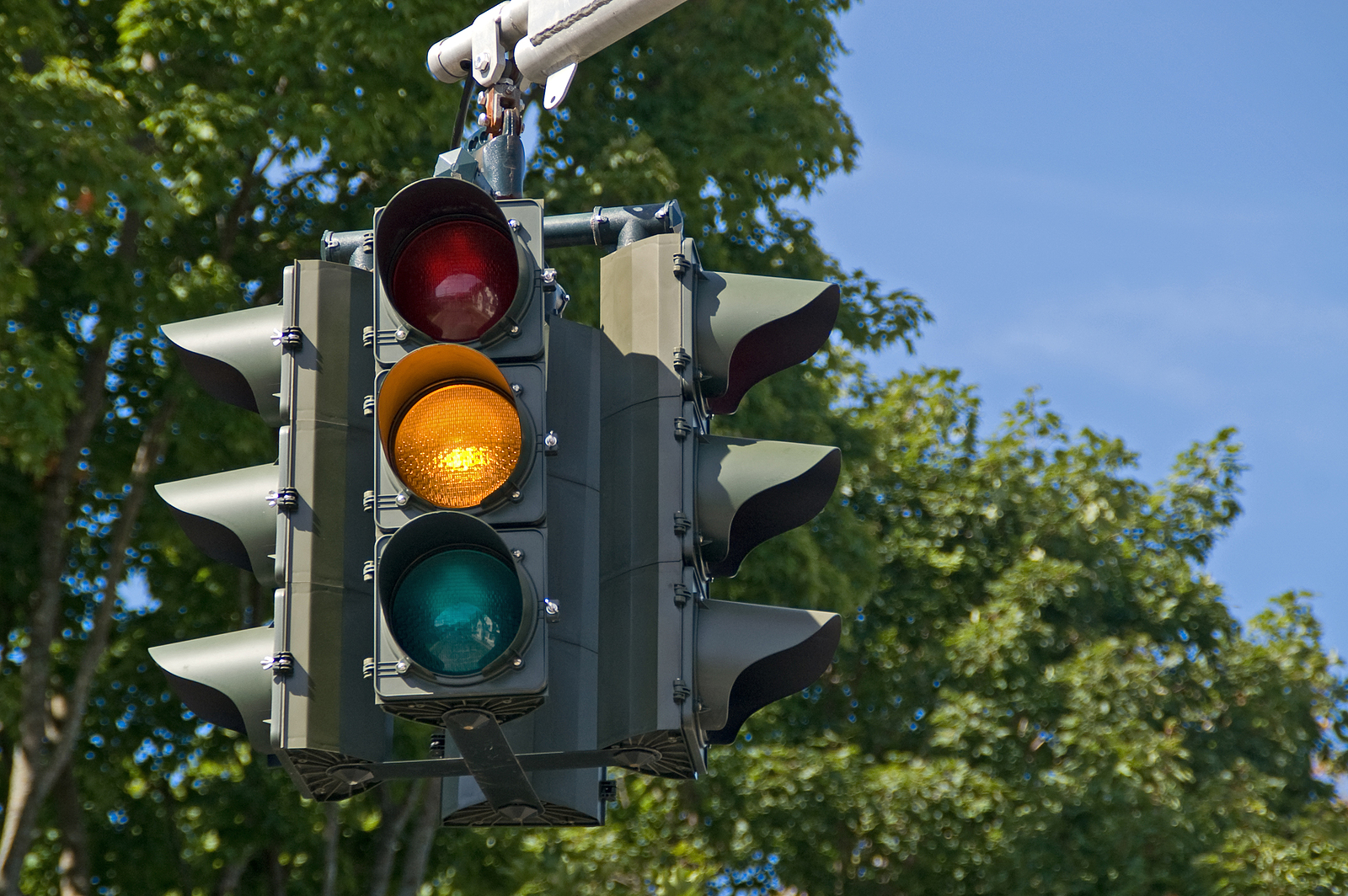| Relevant Downloads and Links | |
|---|---|
| Automated Traffic Enforcement: IDOT Annual Reports | LINK |
Automatic Traffic Enforcement (ATE) is the use of cameras and vehicle sensors to make images of vehicles that are speeding or running red lights. Those images, which include the license plate number of each offending vehicle, are generally forwarded to the police department, where the police make a final determination. Once a violation is determined a notice is issued to the registered owner advising the vehicle had been involved in a traffic violation and the owner is liable for payment of a civil fine. The owner of the vehicle is given the opportunity to refute the claimed violation.
ATE systems are different than traditional traffic law enforcement systems set forth in Chapter 321 of the Code of Iowa, under which the driver of a vehicle involved in violating a traffic law receives a criminal citation (traffic ticket) from a police officer who observes the violation. The driver is then required to appear in court and enter a plea. If the driver pleads guilty or is found guilty at trial, the criminal fine established by state law must be paid.
The public safety benefits of ATE systems have been continually demonstrated by jurisdictions in Iowa and across the country. These systems are efficient ways to enforce traffic laws and correct reckless driving behavior. Not surprisingly, intersections are some of the most frequent locations for serious accidents, and most of the time such crashes result from the failure of one or more drivers to comply with traffic signals.
The use of ATE systems has been challenged several times in the Iowa Supreme Court. In 2008, the City of Davenport vs. Seymour and Rhoden vs. City of Davenport represented a significant achievement for cities in Home Rule jurisprudence as the ability of cities to install these devices was recognized by the Court. In 2018, the cities of Des Moines, Muscatine and Cedar Rapids successfully challenged rules established by the Iowa Department of Transportation (IDOT) that prohibited cities from placing ATE systems on highways and interstates.
Legislation adopted in 2024 places a moratorium on new ATE systems through 2025 and requires existing cities/systems to apply for a permit from the IDOT to continue operation.






